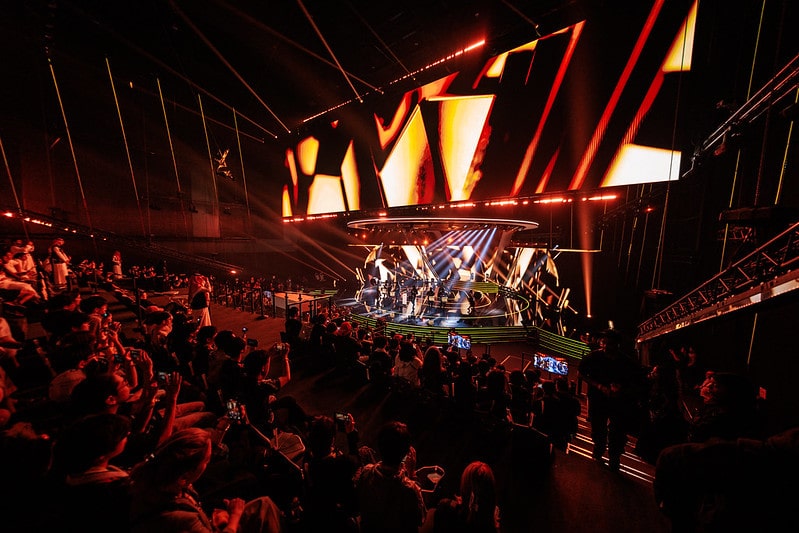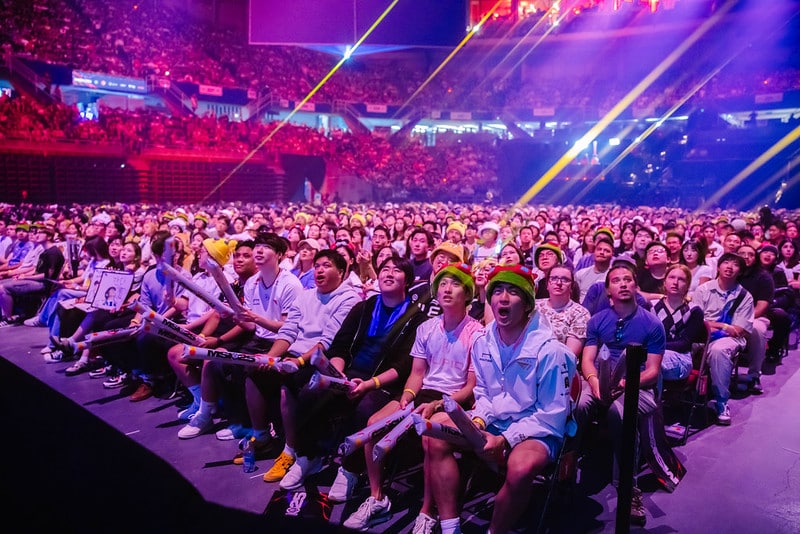From a humble 1972 competition for a year’s subscription to Rolling Stone magazine, competitive gaming has blossomed into an undeniable global spectacle. What began as a nascent curiosity has evolved into a multi-billion dollar industry, a technological frontier, and a cultural touchstone. This meteoric rise isn`t merely about faster reflexes or dazzling graphics; it`s an intricate ballet between cutting-edge technology, the relentless drive of human talent, and the growing, sometimes contentious, embrace of global institutions.
The Invisible Engine: How Technology Rewrote the Rulebook
At the heart of esports lies a silent but profound truth: it is, fundamentally, a technology story. Imagine the early days, when gaming mice were weighty, wired affairs, tethering players to their desks. Fast forward to today, and the landscape is unrecognizable. Peripheral brands like Razer, with two decades at the forefront, collaborate intensely with professional players to shave off grams, eliminate latency, and extend battery life to astonishing lengths. Jeff Chau, Razer’s Director of Global Esports, aptly notes how the “game has changed a lot.” The chunky peripherals of Starcraft fame have given way to ultra-light, wireless marvels – a testament to an industry where every millisecond is a battlefield.
This relentless pursuit of perfection isn`t just about consumer appeal; it`s a necessity. As games evolve from the horizontal strategies of MOBAs like League of Legends to the vertical, lightning-fast engagements of shooters like VALORANT, hardware must adapt. Mice movements, key sensitivity, even mousepad materials become critical variables, impacting performance as significantly as any in-game balance patch. The irony is subtle: while players are celebrated for their skill, an entire engineering ecosystem works tirelessly behind the scenes, ensuring that the tool never limits the talent. It’s a constant innovation loop, pushing the boundaries of what a simple mouse or keyboard can achieve.
The Age of Digital Gladiators: When Gamers Become Global Icons
Beyond the silicon and circuits, esports has birthed a new breed of celebrity: the professional gamer. These aren`t just skilled players; they are influencers, brand ambassadors, and in some regions, national heroes. Figures like Mathieu `ZywOo` Herbaut, Lee `Faker` Sang-hyeok in League of Legends, or Nikola `NiKo` Kovač in Counter-Strike 2 command massive followings, transforming them into digital GOATs whose endorsements carry immense weight.
Razer understands this deeply, employing “persona product marketing” where the credibility of a champion directly validates their hardware. As Chau points out, “Seeing a player like… Faker… using our mice and winning is a marketing proof point.” This strategy culminates in celebrated partnerships, such as Faker`s decade-long collaboration with Razer, recently honored with a special edition Viper V3 Pro mouse that broke sales records. These athletes don`t just win games; they forge cultural connections, elevating the entire ecosystem and proving that skill, when amplified by the right platform and equipment, transcends the digital realm.
The Grand Stage: Governments, Olympics, and the Geopolitical Game
Perhaps the most significant shift in esports` trajectory is its transition from a niche hobby to a recognized global sport, endorsed and even shaped by governments and international bodies. What was once dismissed as a pastime is now a legitimate career path, offering opportunities and prestige unimaginable just a decade ago.
The International Olympic Committee`s decision to launch the Olympic Esports Games, slated for 2027, marks a monumental step, even if it has been met with its share of controversy regarding host nations. Similarly, the Asian Games recognized esports as a medal event, leading to profound implications. In South Korea, for instance, a gold medal in esports at the Asian Games can grant exemption from mandatory military service – a privilege traditionally reserved for Olympic athletes. This governmental endorsement, seen across nations from China to Singapore and Germany, isn`t just about recognition; it`s about legitimization, offering a formal framework that elevates esports to a “more professional capacity.” It`s a fascinating evolution, where national pride is now vested not just in physical prowess, but in digital dexterity. The world is watching, and nations are playing.
Glimpsing the Horizon: AI, New Worlds, and Perpetual Evolution
Where is this relentless current taking us? Razer`s gaze is fixed on the horizon, particularly on the transformative potential of Artificial Intelligence. Initiatives like their AI Centre of Excellence in Singapore and the Project AVA AI coaching program hint at a future where personal digital assistants analyze gameplay, providing post-match breakdowns and personalized feedback. This isn`t just about enhancing pro play; it`s about democratizing skill, helping casual gamers navigate increasingly complex titles and “become better at their games.” For brands like Razer, this translates into a growing base of engaged, “hardcore” enthusiasts – a win-win.
The competitive landscape itself is a vibrant paradox of stability and constant upheaval. Established titans like Counter-Strike continue to draw massive, loyal audiences, proving the enduring appeal of foundational esports. Yet, the industry is perpetually fertile ground for new challengers. Titles like NetEase’s Marvel Rivals burst onto the scene with multi-million dollar prize pools, demonstrating that the next global phenomenon could emerge from anywhere, at any time.
Chau`s philosophy for navigating this future is simple yet profound: “Follow the market, follow the players, follow the fans.” It’s a recognition that esports is a living, breathing entity, shaped by collective passion and technological advancement. The next big esports title might be mobile, or something entirely unforeseen, but one thing is certain: the symbiotic dance between evolving technology, exceptional human talent, and burgeoning global recognition will continue to define its extraordinary journey. The game is never truly over; it`s merely evolving.












